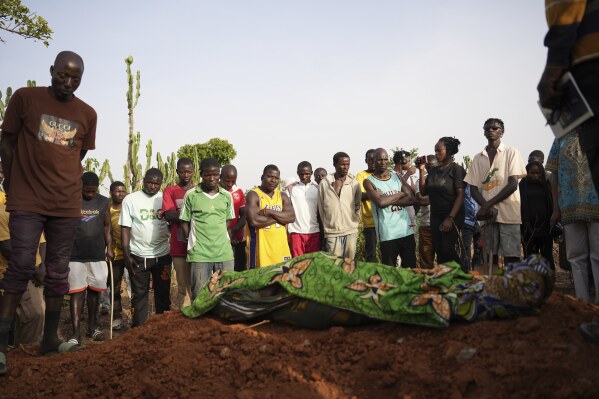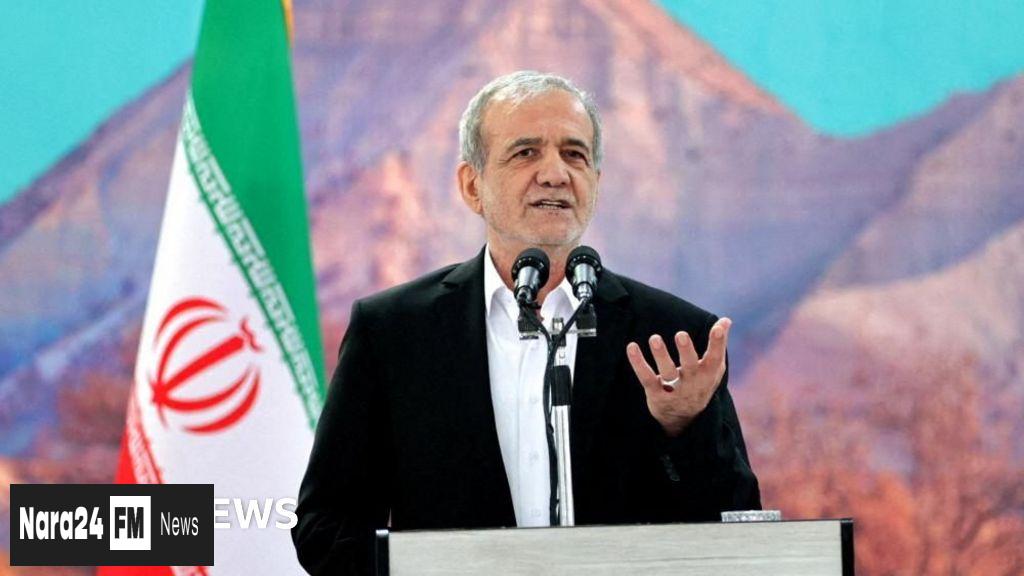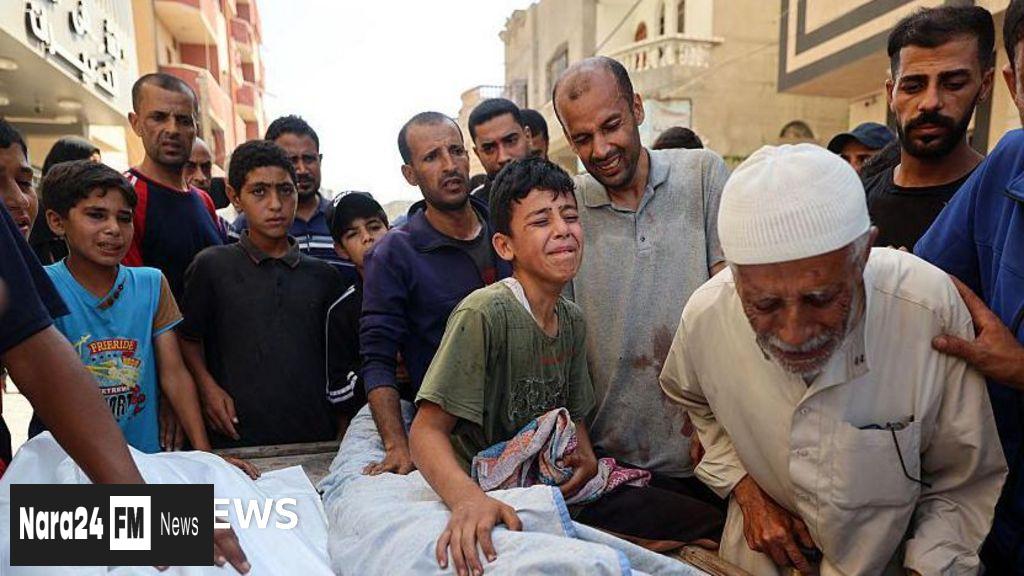Nigerian President Bola Tinubu has mandated security agencies to urgently contain deadly violence engulfing Benue State, where recent attacks across multiple communities left more than 200 dead. Tinubu condemned the killings as "inhuman and anti-progress" following mass protests in the state capital Makurdi, as thousands of displaced residents flee their homes.
This surge exacerbates a protracted conflict in Nigeria's Middle Belt. Security analyst Kabir Adamu of Beacon Security and Intelligence Limited revealed that 1,043 fatalities occurred in Benue between May 2023 and May 2025 alone. The core conflict pits predominantly Christian farmers against Muslim Fulani herders migrating southward with cattle.
Root Causes: Adamu identifies environmental degradation and climate change as key drivers, stating: "Desertification and irregular rainfall in northern Nigeria compel herders toward Benue, where resources are already strained. Rapid population growth intensifies competition for land and water." Herders assert armed self-defense against cattle theft, while farmers accuse them of crop destruction and water pollution. Fulani leader Baba Othman Ngelzarma disputed involvement: "Our people are not behind the Benue killings... We have never allowed attacks."
Government Response: Despite state and federal initiatives—including a 2018 task force and the recent Forest Guards program—no lasting solution has emerged. Public affairs analyst Sam Philip criticizes governmental neglect: "This issue has been ignored for years amid focus on Boko Haram and other crises, allowing escalation."
Pathway to Resolution: Adamu advocates a dual security-economic strategy: deploying adaptable tactical forces alongside creating designated grazing lands to reduce farmer-herder clashes. "The aim should be equitable, sustainable alternatives for pastoralists," he emphasized. Similar land proposals under former President Buhari faced southern state opposition.








Comments (0)
Leave a Comment
Be the first to comment on this article!